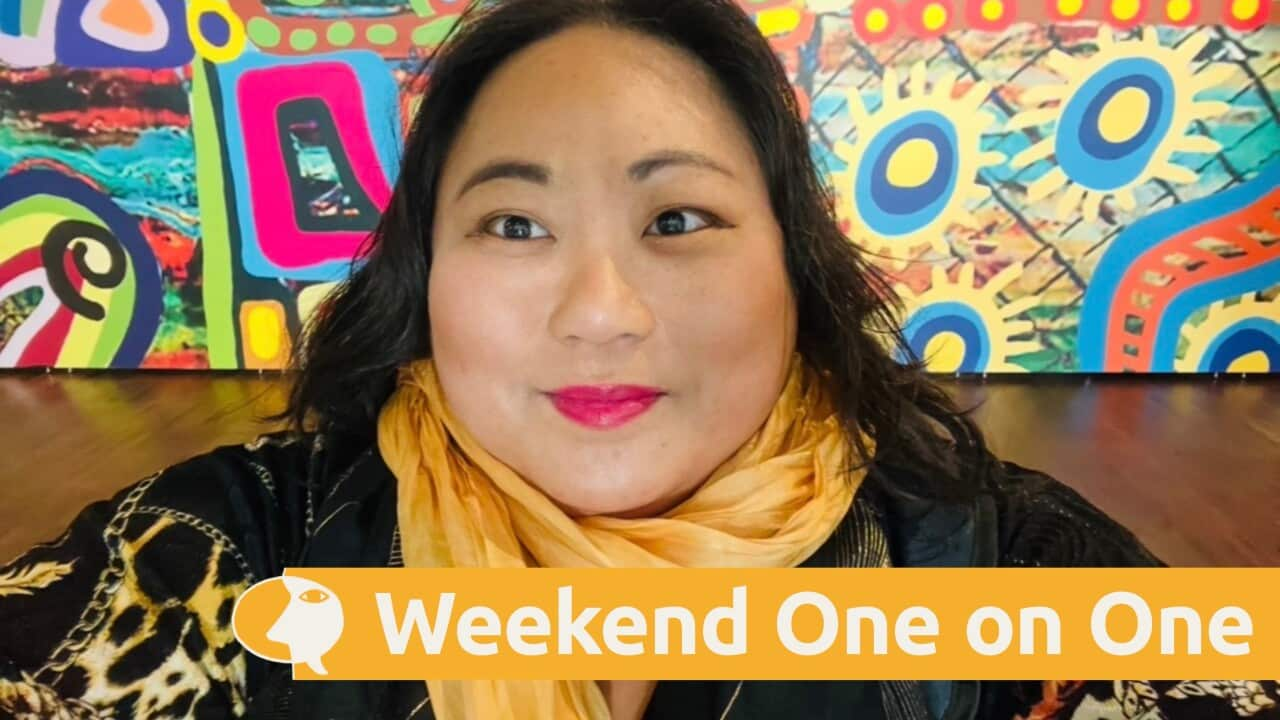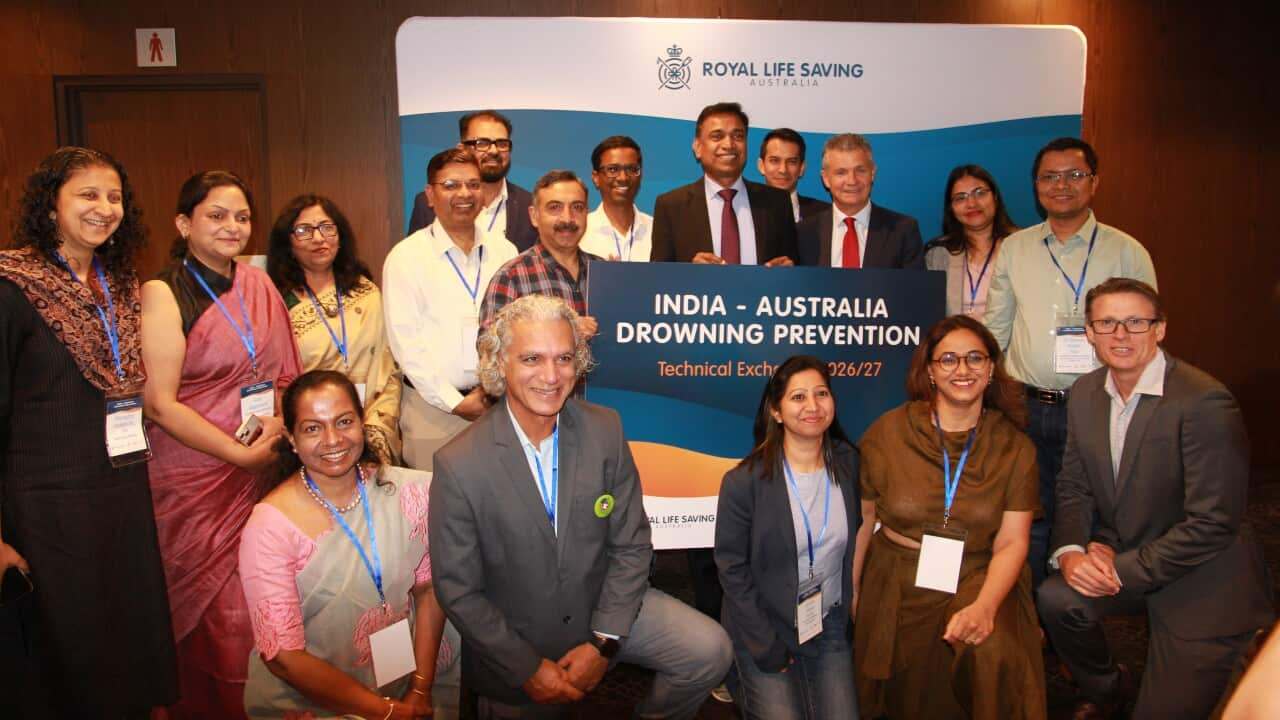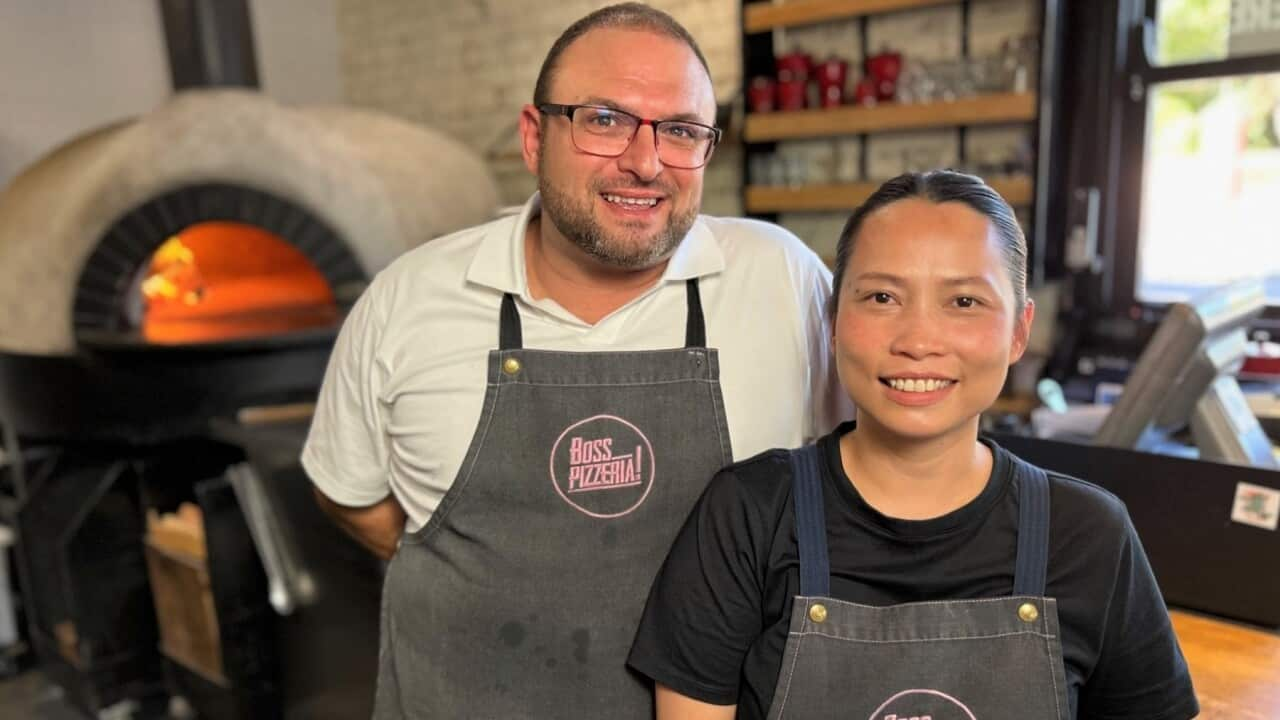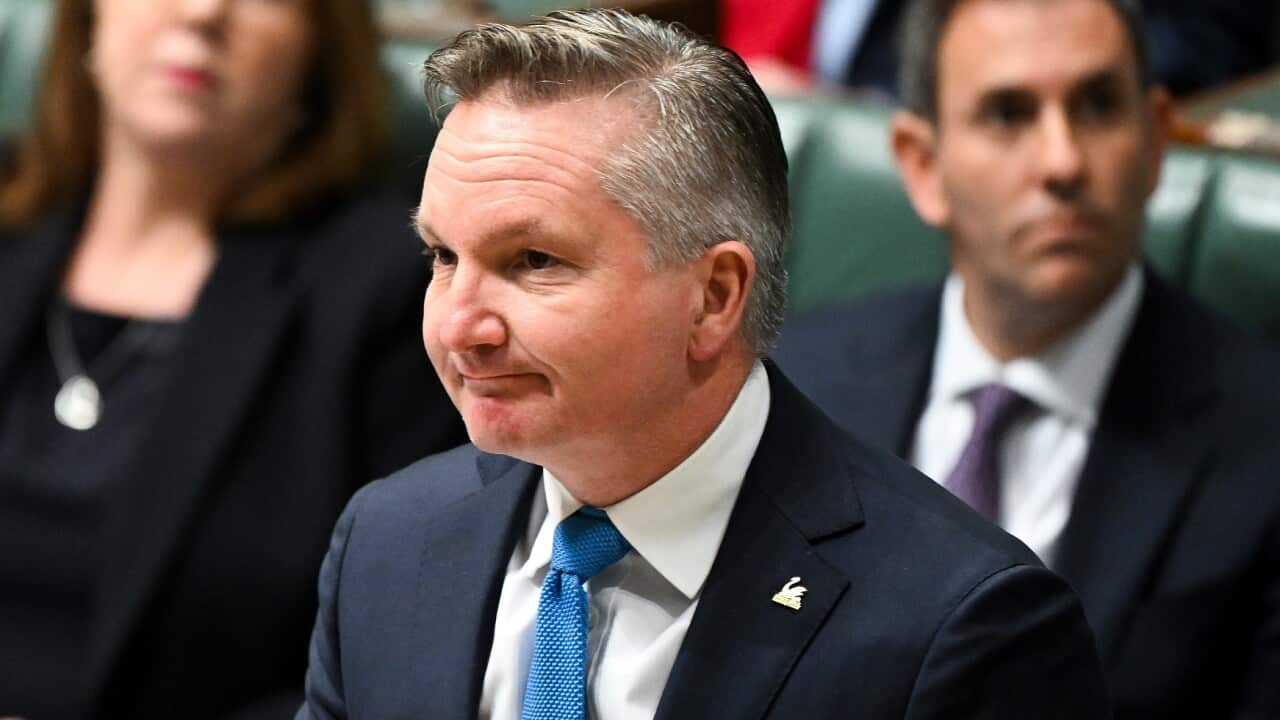One of the most important decisions many people are confronted with, is whether to become an organ donor.
Richard Lokiden knows first-hand the profound impact that decision can have.
Richard was just a teenager when he and his sister fled the conflict in South Sudan, eventually finding safety in Australia in the late 1990s.
He hoped for a fresh start, a second chance at life.
But things didn’t go as planned.
As a young adult, Richard was diagnosed with Hepatitis B, a life-threatening liver disease.
He still doesn’t know how he contracted it, but it cast a long shadow over his future.
"I wasn't looking forward to anything meaningful, or doing anything meaningful with my life. I lived day to day thinking tomorrow I could die."
Then in 2010, after a game of soccer with friends, Richard collapsed at home.
He had been watching television when he was overwhelmed by illness.
"I was watching TV in the living area. Suddenly I felt nausea and I threw up and it was all blood."
Three years later, in 2013, Richard received a liver transplant, around the same time his son was born.
"That gave me a lot of belief, at least hope."
For a while, things were improving for him.
He focused on fatherhood and raising his son.
But in 2016, his new liver began to fail.
He needed another transplant.
Thankfully, a second organ became available.
Richard's daughter was born soon after.
Right now, around 1,800 Australians are waiting for an organ transplant.
Another 14,000 are on dialysis, many of whom could benefit from a kidney donation.
Yet, while four in five Australians say they support organ and tissue donation, only about one in three are actually registered.
The Organ and Tissue Authority says part of the problem is a lingering misconception that religion or culture might be a barrier.
The authority's national medical director, Helen Opdam, says for most people that is not true.
"The process can really be undertaken in a way that accommodates people's religious and cultural requirements."
DonateLife Week runs from the 27th of July to the 3rd of August, 2025.
The week is about raising awareness and encouraging more people to register, something that can be done quickly online or through a Medicare account.
But challenges remain, particularly in building trust and breaking down stigma in some communities.
Trina Ripoll is a donation specialist coordinator.
"Sometimes, the lack of information, and the lack of access to those resources, it can be an incredibly daunting topic to consider."
Dr Opdan further explains.
"The more diversity we have in people willing to donate, the more chance that all Australians will receive a well-matched organ transplant if they do need one."
For Richard, who now works in disability support and youth services, life after two transplants is full of purpose.
"My time is not yet. It gave me that drive to want to do something with my life, or at least if not for me, for my kids."
Now, Richard is thinking about giving back.
He’s planning to register as an organ donor himself, hoping one day, he might help save someone else’s life.
DonateLife Week runs nationally, and registration to become an organ and tissue donor takes just one minute.
You can find out more by visiting donatelife.gov.au.













